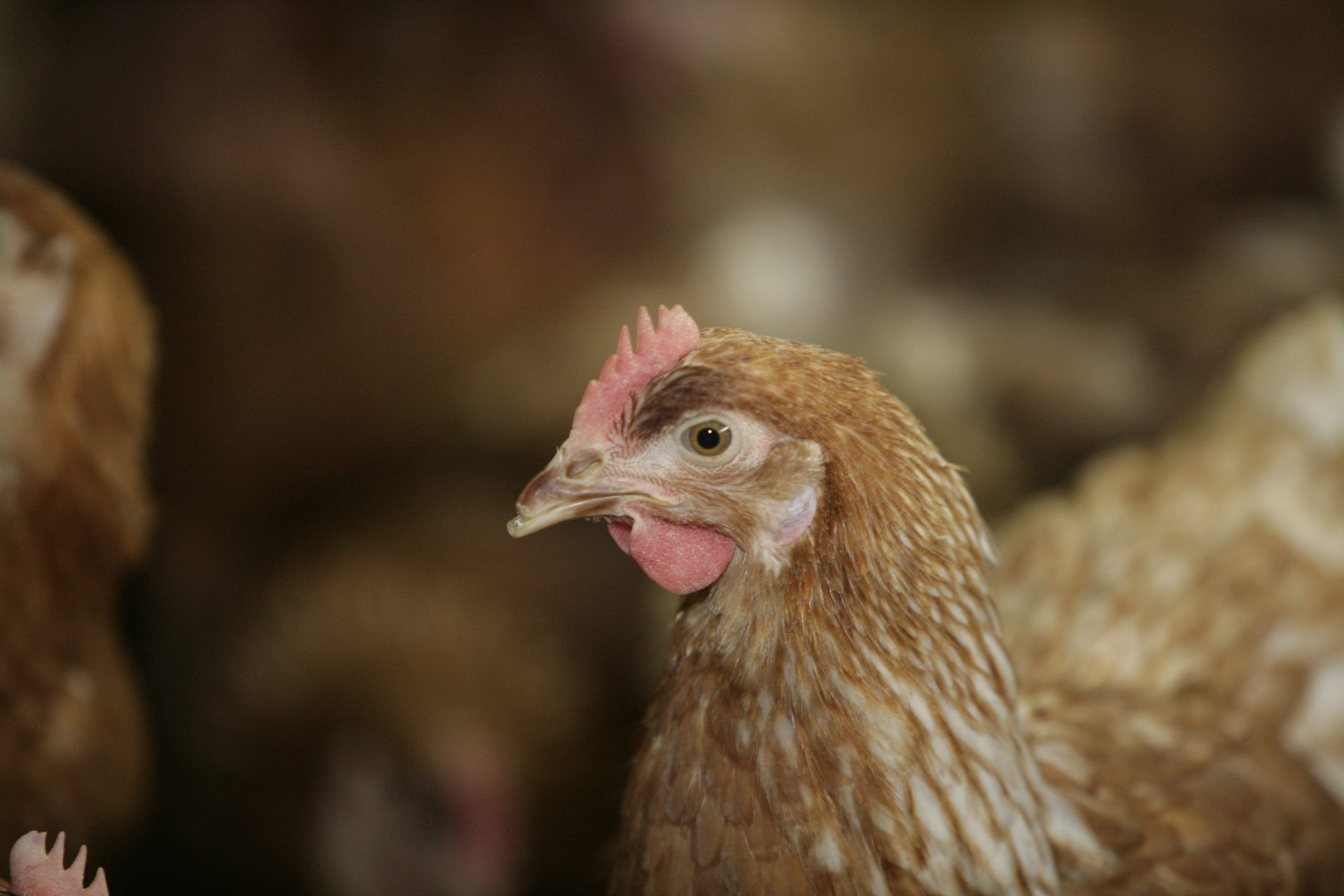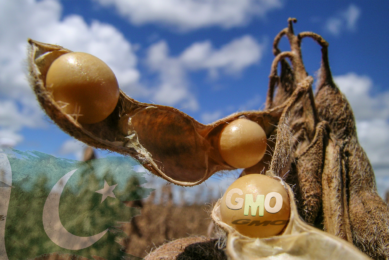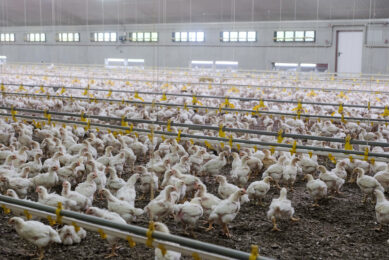Feather pecking: More research on the effect of nutrition

How does animal nutrition in early life influence feather pecking behaviour in adult birds? Wageningen University & Research and partners have started a project to gain more insight into this topic.
Feather pecking in the layer industry is a growing societal and economic concern, since the 2012 EU-ban on battery cages for laying hens. The upcoming ban on beak trimming may increase the severity of injuries caused by feather pecking, and urges for a solution to this major animal welfare problem eventually resulting in a significant economic loss for the farmer.
The problem of feather pecking in laying hens has already been studied from different angles, but now, a nutritional component in young pre-lay birds is the base of this fresh research. Researchers from Wageningen hypothesise that nutritional strategies during early ages reduce the sensitivity for initiating feather pecking behaviour at later ages. For example, nutrients can act as precursors for powerful behaviour-related hormones and satiety related gut hormones, which can influence satiety, eating time and pecking-related behaviour.
The study, set up by Wageningen and partners, therefore specifically aims to look at the relationship between certain nutritional strategies during early life, the physiological mechanisms related to nutrient availability, energy metabolism and satiety, and the ontogeny of feather pecking behaviour at maturity. The acquired knowledge from this study will be implemented into novel feeding strategies for farmers, reducing the welfare problem for laying hens and the economic losses for farmers.
Source: WUR
Top three articles on debeaking laying hens on our sister website Poultry World:
• Article: Effect of debeaking on laying hen performance
• Farm report: Layers with untreated beaks on a commercial farm
• Blog: At the top of the pecking order











